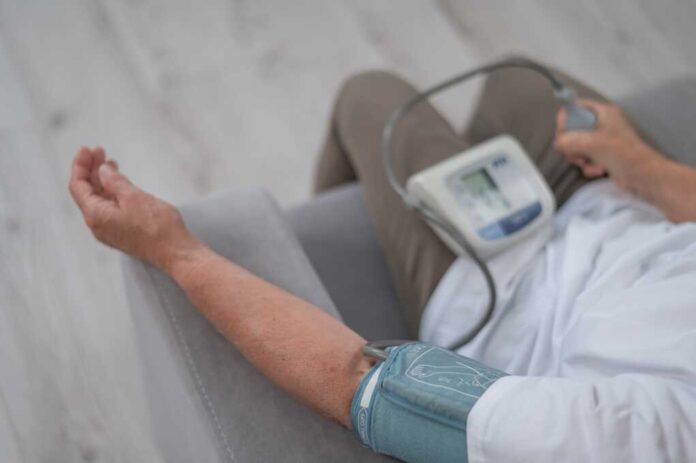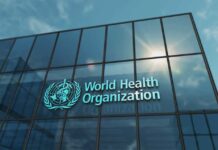
More than half a million bottles of a widely prescribed blood pressure medication have been recalled after federal regulators detected cancer-causing chemicals.
Story Snapshot
- Over 500,000 bottles of Prazosin Hydrochloride recalled due to high levels of carcinogenic nitrosamines
- FDA classifies the recall as Class II, signaling moderate health risk to patients
- Teva Pharmaceuticals faces scrutiny for quality control failures impacting hypertension and PTSD patients
- Recall highlights persistent manufacturing problems and regulatory challenges in the generic drug industry
FDA Recall: Cancer-Causing Chemicals Found in Blood Pressure Medication
On October 30, 2025, the FDA announced a nationwide recall of Prazosin Hydrochloride capsules distributed by Teva Pharmaceuticals, following the detection of nitrosamine levels above the safe intake threshold. This medication is commonly prescribed for high blood pressure and PTSD-related nightmares, making the recall particularly concerning for older Americans and veterans who rely on safe, affordable drug options. The affected lots cover expiration dates through 2028, prompting widespread inquiries from patients seeking alternatives and clarification on their health risks.
Blood pressure medicine recalled over high levels of cancer-causing chemical https://t.co/TNzj7G5Crg pic.twitter.com/kM9T0MER1b
— New York Post (@nypost) October 30, 2025
Teva Pharmaceuticals initiated the recall after FDA testing revealed the contamination, providing detailed guidance for patients to check their medication lot numbers. The FDA classified this as a Class II recall, which means moderate health risk—a designation that has alarmed many, given the medication’s widespread use. The recall signals serious concerns about the integrity of generic drug manufacturing and the effectiveness of regulatory oversight, especially as nitrosamine contamination has now been detected in multiple blood pressure medications over recent years.
Watch:
Background: Recurring Nitrosamine Contamination and Industry Scrutiny
Nitrosamines, recognized as probable human carcinogens, are environmental contaminants that can form during pharmaceutical production if quality controls fail. Since the landmark FDA recall of valsartan in 2018, regulatory agencies have imposed stricter testing and manufacturing standards, yet recent incidents reveal ongoing lapses. The pattern of recalls—spanning valsartan, losartan, and now prazosin—suggests systemic weaknesses in the generic drug supply chain, renewing calls for reform and transparency.
These pharmaceutical safety lapses have far-reaching consequences. Patients prescribed prazosin for hypertension or PTSD must now verify their medication lot numbers and consult healthcare providers about possible alternatives, disrupting continuity of care. Healthcare professionals face increased workloads to manage patient concerns and medication switches, amplifying the strain on an already stretched medical system.
Impact: Patients at Risk and Calls for Stronger Oversight
The recall affects a broad range of patients—older adults with high blood pressure, veterans with PTSD, and families relying on generic drugs for affordability. Short-term, affected individuals must act quickly to avoid potential exposure to carcinogens, while providers work overtime to identify safe substitutes. Long-term, the incident is likely to drive increased regulatory scrutiny, manufacturing reforms, and public awareness of pharmaceutical safety risks. The financial costs for Teva include recall logistics and potential liability, but the pharmaceutical industry faces deeper questions about quality control and the adequacy of FDA oversight.
Sources:
FDA recalls a blood pressure and PTSD medication that may contain a cancer-causing chemical
FDA Updates and Press Announcements: Angiotensin II Receptor Blocker (ARB) Recalls: Valsartan, Losartan


















